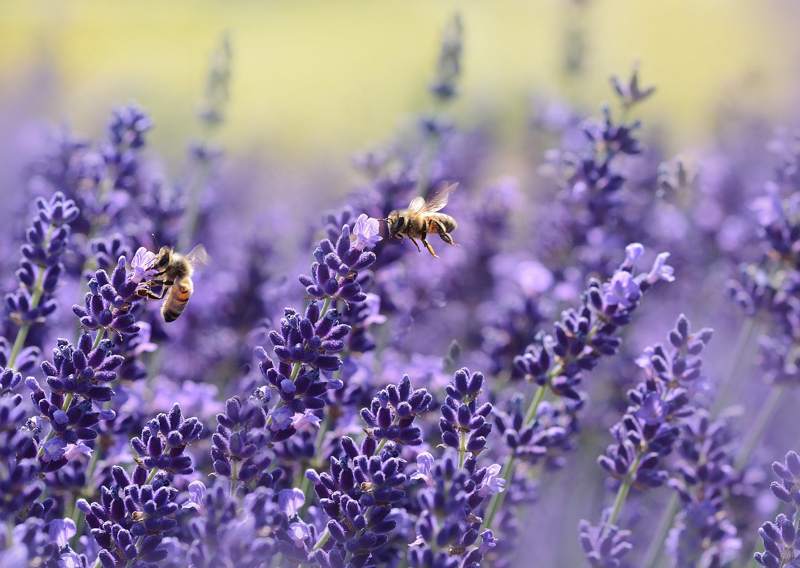Jayn Sterland is the Managing Director of natural cosmetics brand Weleda UK. Founded in 1921 by Dr Rudolf Steiner and Dr Ita Wegman, the brand focuses on holistic, natural, organic cosmetics and pharmaceuticals for anthroposophic therapy.
Here Sterland talks to Cosmetic Business about committing to sustainability and ideas for a greener business.

Jayne Sterland
At a recent roundtable on sustainability, at in-cosmetics Global, I was asked a seemingly simple question about the sustainable developments we would like to see within the cosmetics industry.
Before this, I had spent that morning walking around this behemoth of exhibitions - in which the words ‘natural’ and ‘sustainable’ were written large across every stand and exhibition trend space.
Now, I am privileged to work for a company which, despite being nearly 100 years old, has always followed a path of ‘living in harmony with nature and the human being’.
Put simply we have sustainability locked within our DNA, it underpins our core values and the daily actions of our two thousand employees worldwide.
Weleda has been recognised nationally and globally for our work within Corporate Sustainable Responsibility (CSR) including three Organic Monitor Sustainable Beauty Awards and the German Sustainability Award as Germany's most sustainable brand in 2016.
So how to answer this question? It seems to me actions speak louder than words.
Sustainability is being truly responsible for the impact of our actions
Weleda has a long-term commitment to sustainability: constantly monitoring and reducing our water consumption, using green electricity and other greener and cleaner manufacturing practices, sourcing sustainable ingredients, reducing manufacturing waste, using recycled or recyclable materials, working in fair trade partnership with organic farmers and supporting the local communities and their traditions, all underpinned by our treasured membership of the UEBT.
In 2011, Weleda joined only a handful of cosmetics companies in the global Union for Ethical Biotrade (UEBT) a not-for- profit association that promotes the “Sourcing with Respect” of ingredients that come from biodiversity, promoting conservation, respecting traditional knowledge, and ensuring an equitable sharing of benefits along the supply chains, from producer to end-user.
Our entire sourcing policy is now guided by these external standards.
Does sustainability direct the CEO?

Weleda pick its lavender by hand and sources one third of its annual requirements from an organic supplier who operates several sustainable projects for both honey and beeswax in Africa.
The louder a company shouts about their CSR, the more questions I have - does CSR direct the actions of the CEO - framing every business decision - or is it, as I sometimes suspect, a product of the marketing department used to create consumer, rather than partnership, value?
How can we be held to account for our actions when we cannot even agree on what is classed as ‘natural’, let alone ‘sustainable’ within our heavily regulated industry?
My answer to the question is simple. Let us all, voluntarily and willingly, work in partnership through joining, adopting and taking inspiration from the standards of UEBT membership, making them our own.
As Weleda’s founder, the Austrian philosopher Rudolph Steiner, taught us, sustainability is being truly responsible for the impact of our actions - economically, socially and environmentally.
The UEBT may well help us learn how to become sustainable, sustainably.
